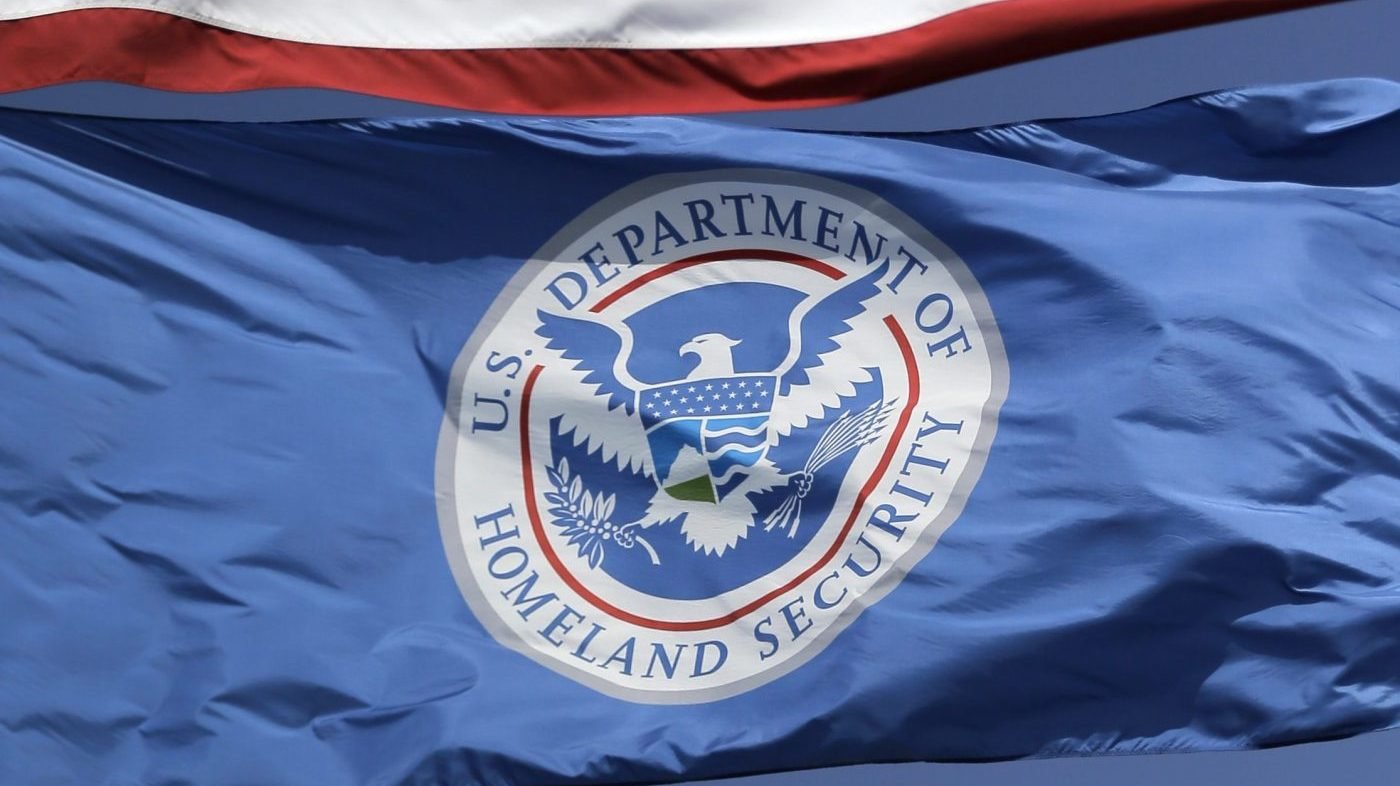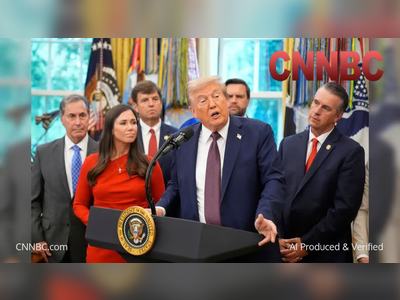
DHS Rebukes Washington Post After Investigation Finds Misleading Immigration Videos
Department of Homeland Security calls the newspaper’s report ‘dishonest’ after clips used in federal videos were found to be from unrelated operations
The U.S. Department of Homeland Security publicly condemned a recent investigation by the Washington Post that asserted the agency had used misleading footage in social-media videos about immigration enforcement.
The Post’s review found at least six videos shared by the agency since August used clips from earlier or unrelated operations, such as a boat interdiction off Nantucket or a raid in Los Angeles, which were portrayed as recent actions in Washington, D.C.
In response the DHS described the Post’s report as “a dishonest, slanted, and fundamentally inaccurate piece,” and accused the newspaper of ignoring assaults on federal officers and presenting a political bias.
The agency included a screenshot of the Post’s headline and added that the repeated focus on immigration enforcement by the news outlet undermines the work of federal agents.
The Post’s investigation used reverse-image searches and geolocation tools to trace the source of clips featured in the DHS videos, concluding that several key scenes were improperly attributed in time or location.
The newspaper’s authors argued that the repetition of inaccurate or heavily edited footage transforms official communication into propaganda rather than factual reporting.
This clash follows a broader pattern in which the DHS has published bullet-point “fact sheets” and rebuttals to media coverage it believes misrepresents Immigration and Customs Enforcement or border-patrol operations.
Some analysts say the new dispute raises questions about trust, transparency and the role of federal agencies in reshaping narratives about immigration.
For its part the DHS stressed its commitment to targeted enforcement and asserted that the videos in question supported public awareness of the agency’s priorities.
The agency did not, however, dispute that the clips originated from different operations than those portrayed in the videos.
As both sides dig in, the disagreement signals a deeper tension between immigration-enforcement advocates and media outlets seeking to hold them to account—a dynamic likely to evolve as enforcement accelerates under the current administration.
The Post’s review found at least six videos shared by the agency since August used clips from earlier or unrelated operations, such as a boat interdiction off Nantucket or a raid in Los Angeles, which were portrayed as recent actions in Washington, D.C.
In response the DHS described the Post’s report as “a dishonest, slanted, and fundamentally inaccurate piece,” and accused the newspaper of ignoring assaults on federal officers and presenting a political bias.
The agency included a screenshot of the Post’s headline and added that the repeated focus on immigration enforcement by the news outlet undermines the work of federal agents.
The Post’s investigation used reverse-image searches and geolocation tools to trace the source of clips featured in the DHS videos, concluding that several key scenes were improperly attributed in time or location.
The newspaper’s authors argued that the repetition of inaccurate or heavily edited footage transforms official communication into propaganda rather than factual reporting.
This clash follows a broader pattern in which the DHS has published bullet-point “fact sheets” and rebuttals to media coverage it believes misrepresents Immigration and Customs Enforcement or border-patrol operations.
Some analysts say the new dispute raises questions about trust, transparency and the role of federal agencies in reshaping narratives about immigration.
For its part the DHS stressed its commitment to targeted enforcement and asserted that the videos in question supported public awareness of the agency’s priorities.
The agency did not, however, dispute that the clips originated from different operations than those portrayed in the videos.
As both sides dig in, the disagreement signals a deeper tension between immigration-enforcement advocates and media outlets seeking to hold them to account—a dynamic likely to evolve as enforcement accelerates under the current administration.











